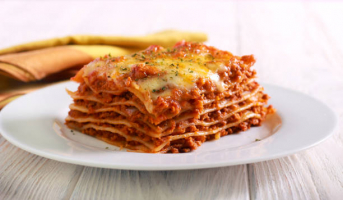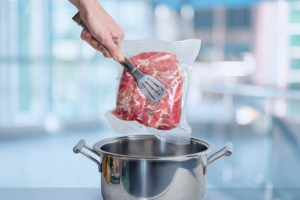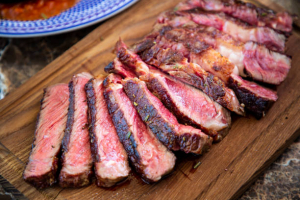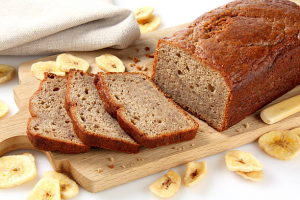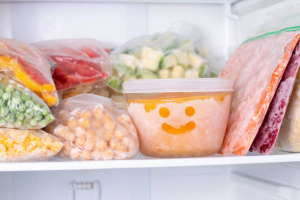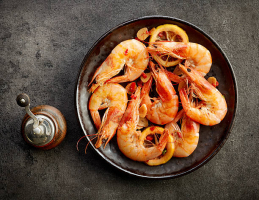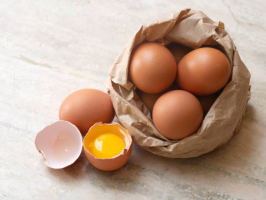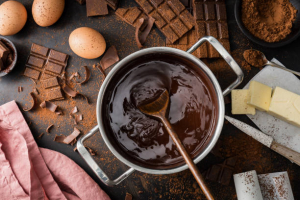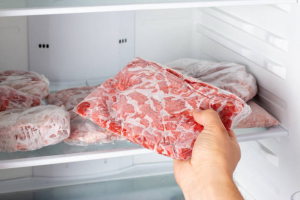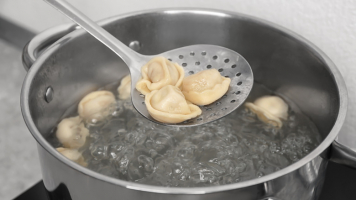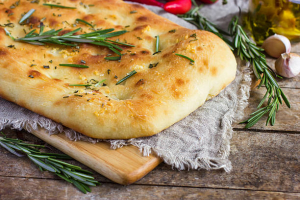Top 12 Biggest Mistakes Everyone Makes With Potato Salad
Potato salad is one of the most popular barbecue side dishes, and because it's so adaptable, almost anyone can make it their way. But just because you've done ... read more...it before doesn't mean you've never messed up. It's all too easy to skip a step, use the incorrect ingredient, or forget to add something to your potato salad. The result is a gloopy, mayonnaise-tainted mess that you have no idea what to do with. Let's look at some of the most common mistakes people make when making potato salad.
-
Buying the wrong potatoes is one of the most common mistakes people make when making potato salad. If you are unfamiliar with the various types of potatoes, you may believe that they are all the same. However, when it comes to creating the perfect texture for potato salad, this is not the case. Rather, you should pay close attention to the potatoes you choose at the store.
A waxy potato, such as fingerling, red, or new potatoes, is your best bet for potato salad. These work well because they retain their shape, preventing a gloopy texture. It all depends on what you want from your potato salad. Some people prefer softer, starchier potatoes, such as russets. If you want the potato to fall apart a little in your salad, this is a great option. Starchy potatoes will have a more mashed potato-like texture, whereas waxy potatoes will stay more intact. Consider what you want from your potato salad and choose your potato variety accordingly. Because these potatoes cook at different rates, you probably won't want to combine them in your potato salad.
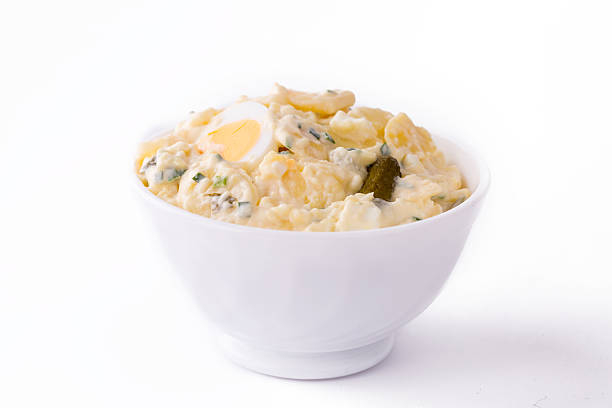
Using the wrong potatoes 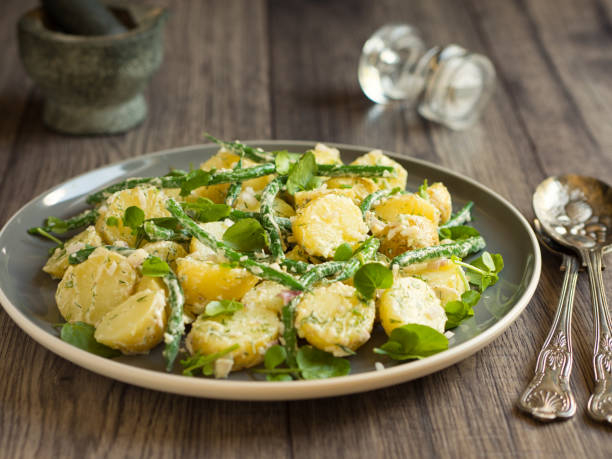
Using the wrong potatoes -
Once you've chosen your potatoes and placed them on the counter, it's time to begin peeling and dicing. And you're not alone if your knife skills are lacking. As dicing potatoes can be a tricky task, take your time so you don't cut yourself. But, while you're dicing, make sure you're cutting the potato into even pieces. If you don't, different pieces of potato will cook at different rates. You don't want some of your potatoes to become mushy while the others have only just begun to cook on the inside, so keep this in mind.
Remember, the smaller you dice your potatoes, the faster they'll cook — just make sure they're all roughly the same size before you put them in the water. Plus, you won't have to do any more cutting once the potatoes are cooked.
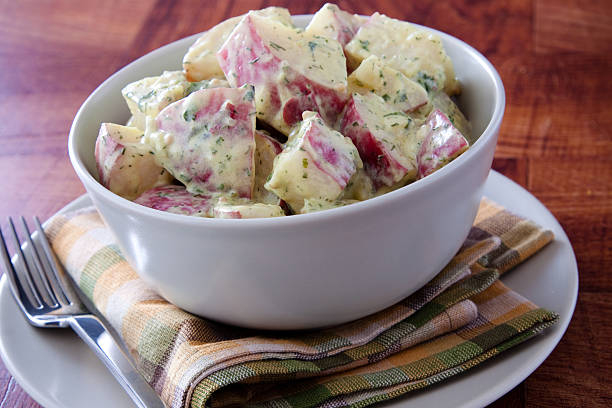
Incorrectly dicing your potatoes 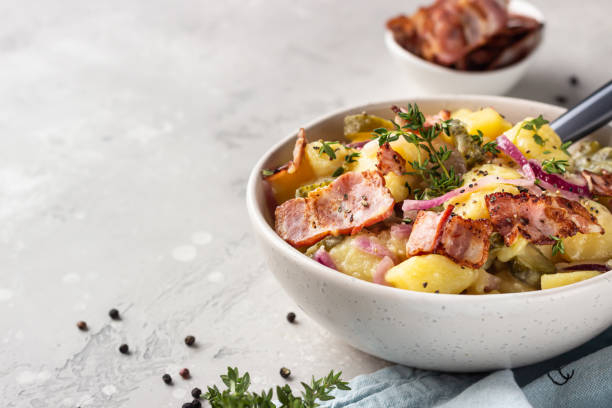
Incorrectly dicing your potatoes -
It's now time to start cooking your potatoes on the stove. If you're like most people, you'll put the water in the pot and let it slowly come to a boil before adding the potatoes. But, as it turns out, that's not the best way to go if you want your potatoes to be perfectly cooked. You should not wait for the water to boil, according to Maureen Abood. Instead, drop your potatoes into the cold water and then increase the heat.
Why should you proceed in this manner? If you drop the potatoes directly into boiling water, they will take longer to cook evenly. The potatoes on the outside will cook quickly, while the potatoes in the center will take longer to cook. If you cook the potatoes all the way through, you'll get soggy, mushy bits, which you probably don't want. Simply place a pot of cold water on the stove, add your potatoes, and bring them to a boil. You'd be surprised how much this can change the texture of your potato salad.
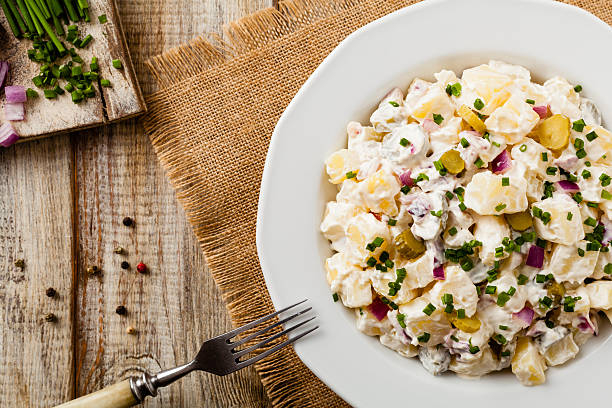
Not starting your potatoes off in cold water 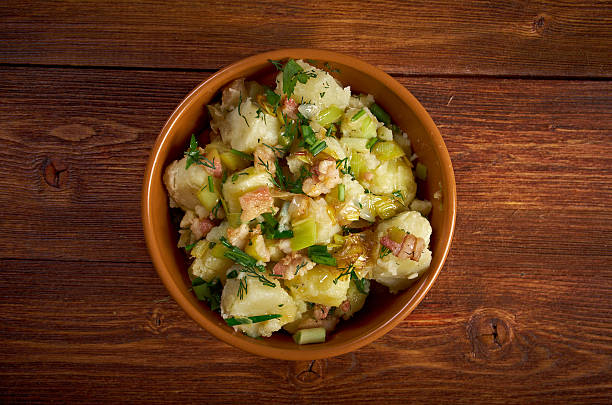
Not starting your potatoes off in cold water -
This should go without saying, but one of the most common mistakes when making potato salad is over- or under-cooking the potatoes. It's simple, especially if you don't make potato salad on a regular basis and your potatoes are probably cooked to a different consistency most of the time. To begin, consider the type of potatoes you'll be working with. Waxy potatoes can be cooked for a longer period of time, but you should test them before draining them to ensure that they are thoroughly cooked. Starchy potatoes, on the other hand, will break down more easily, so keep an eye on the texture to ensure they don't become too soft during cooking.
The time it takes to boil a potato is largely determined by its size and type, with smaller potatoes cooking faster. If you're in a hurry, cutting your potatoes into small pieces will reduce cooking time but may increase the risk of overcooking. Undercooked potatoes will be too hard in your salad, and overcooked potatoes will turn into mashed potatoes (though mushy potatoes can sometimes make for great potato salad). Keep an eye on the potatoes as they cook so you know when to remove them — in this case, your best bet is to trust your potato salad-making instincts.
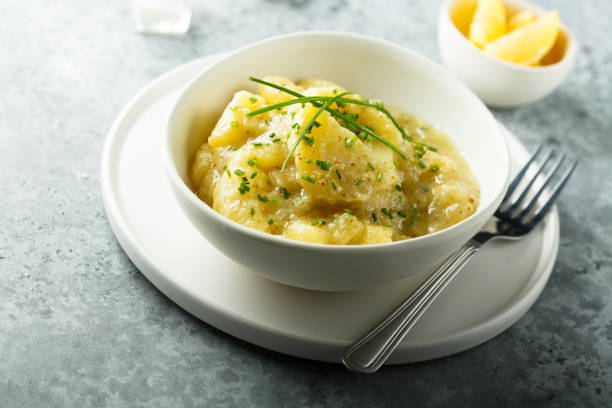
Over- or under-cooking the potatoes 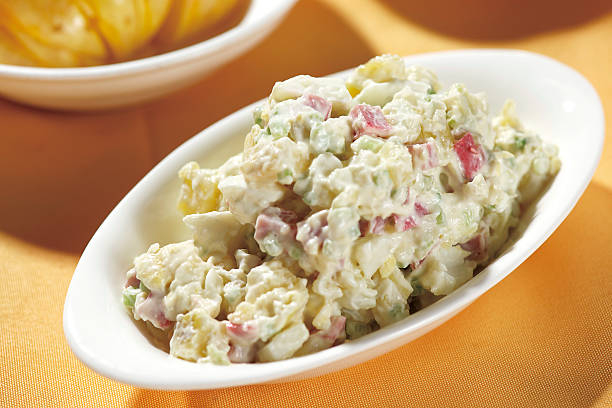
Over- or under-cooking the potatoes -
Mayonnaise isn't for everyone, but for those who do, it's a must-have condiment. It's creamy, and acidic, and seems to go well with a wide range of dishes, particularly cold salads. Although not all potato salad recipes call for mayo, many (if not most) do, so knowing when to add it will help you avoid making a mess. If you're using mayonnaise or cream-based dressing for your salad, wait for the potatoes to cool before dressing them.
What will happen if you do not? Because mayonnaise is sensitive to high temperatures, it will melt if the potatoes are too hot. Instead of the lovely and creamy consistency you desire, you'll have to settle for oily potato salad that doesn't appear to contain any mayo at all. Are you tired of waiting for your potatoes to cool? If you want to speed up the process, you can always rinse them under cool water in the sink, but sometimes you just have to be patient to get the results you want. If you want that classic, rich, creamy dressing to work its magic on your potato salad, don't add it too soon.
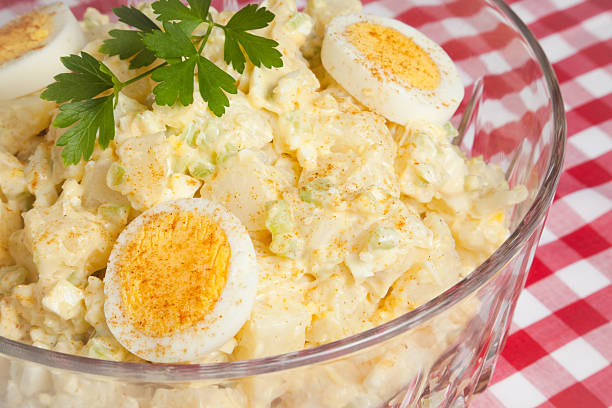
Adding mayo too soon 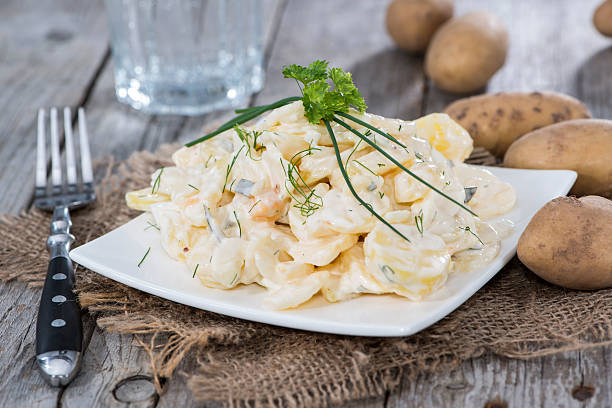
Adding mayo too soon -
But who says you have to use mayonnaise at all? It may appear to be a necessary component of any good potato salad. There are many delicious potato salads available that contain no mayonnaise at all. There are even some compelling arguments against using mayo in potato salad. Even if no one gets sick from the potato salad, your guests may object to the mayonnaise. It's a divisive ingredient, and vegans (and some vegetarians) avoid it entirely.
Don't you want to accommodate guests who are allergic to animal products? Finally, adding mayonnaise to your potato salad simply makes it heavier. If you want a lighter, more refreshing potato salad, try a light, lemony vinaigrette instead of a creamy, rich mayo-based dressing. For starters, mayonnaise contains an egg, and if there's one thing you know about eggs, it's that they shouldn't be left out in the sun unrefrigerated for hours at a time.
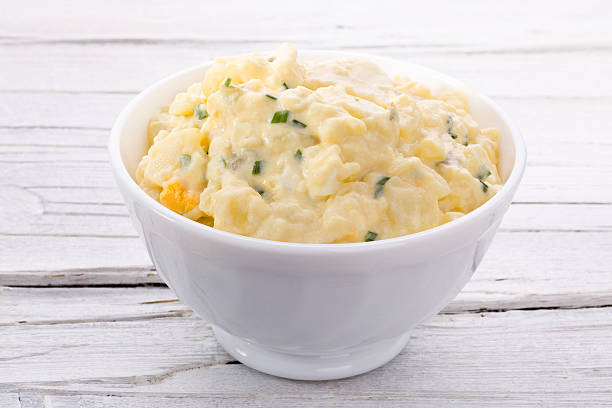
Using mayo at all 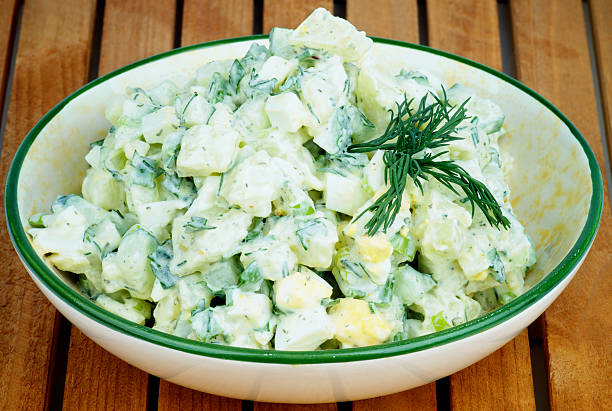
Using mayo at all -
So you think you've cooked your potatoes to perfection? If you're used to potato salad with large, chunky pieces of potato, this may appear to be a major issue. After all, you've probably heard that mushy potato salad is a major culinary sin. Overcooking your potatoes, it turns out, causes them to release a lot of their starch. That starch can adhere to the other ingredients, resulting in a more cohesive salad. In fact, if you're having trouble incorporating all of that dressing into the salad, overcooked potatoes could be the solution. Of course, not everyone prefers this type of potato salad, so if it's not your thing, keep an eye on your potatoes to make sure they don't overcook.
Whether you think you've overcooked the potatoes you were going to use for potato salad anyway, or you think you've overcooked potatoes you were going to use for another ingredient, mushy, crumbling potatoes can work well in a potato salad. Don't toss those potatoes! Try out this creamier, starchier version of pasta salad.
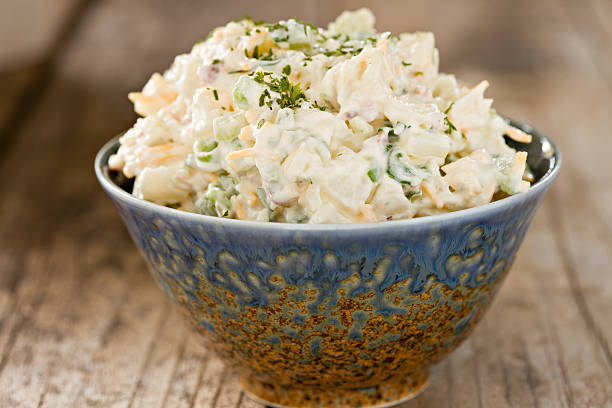
Thinking you overcooked your potatoes 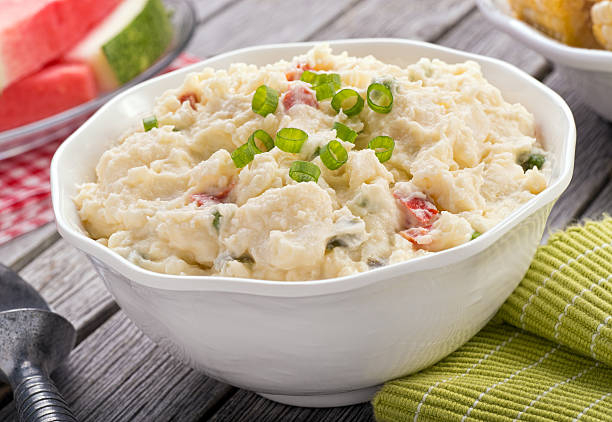
Thinking you overcooked your potatoes -
Do you make your potato salad, in the same way, every time? Everyone has their favorite recipes, but that doesn't mean you shouldn't branch out and try something new. For example, to keep things vegan - and interesting - why not add some peas and avocado to your potato salad? Your salad may turn out greener than usual, but you may find that you prefer it this way anyway. How about a carrot and cucumber-based Korean potato salad? It's an excellent way to include more vegetables in your diet.
Of course, when trying to shake things up, you don't have to go completely off the rails. You can always take the easier path. If you've never tried mustard in your potato salad, now's your chance. If you always use white onions, try substituting red onions or scallions. You can also substitute pickles for the celery for added crunch. There are so many different ways to make potato salad that it should be treated as a blank canvas.
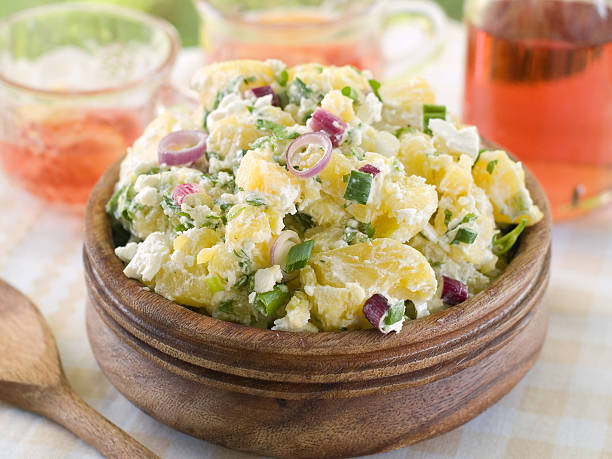
Never deviating from your standard recipe 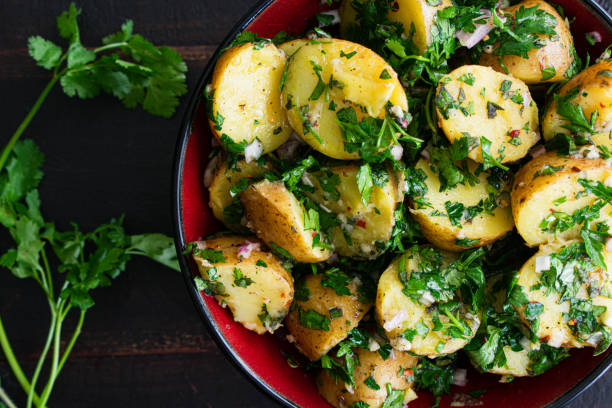
Never deviating from your standard recipe -
Vinegar is perhaps the one item that can completely change any salad. Any dull flavor profile may be given a zing fit for a salad legend with only a dash of the stuff. But regrettably, vinegar is a potent ingredient and can have terrible effects on your potato salad if you use too much of it. Your potato salad may become overly acidic if you use too much vinegar, which will make your visitors wrinkle their noses in disgust. As a result, it's a good idea to try to reduce the amount of vinegar you use initially.
What should you do if your hand slips and you unintentionally add too much vinegar to your potato salad? Check to see whether you have a lemon on hand first. If so, take out your zester and sprinkle some lemon zest on your salad. Your potato salad's acidity can be reduced by the peel's bitterness, restoring the dish's harmony. Do not possess a lemon. If you can't find a lemon, you can just add some sugar to your potato salad because acid and sweetness both balance each other out. Just a word of caution: if you consume too much sugar, the situation will only become worse. Start off cautiously and add extra sugar as needed.
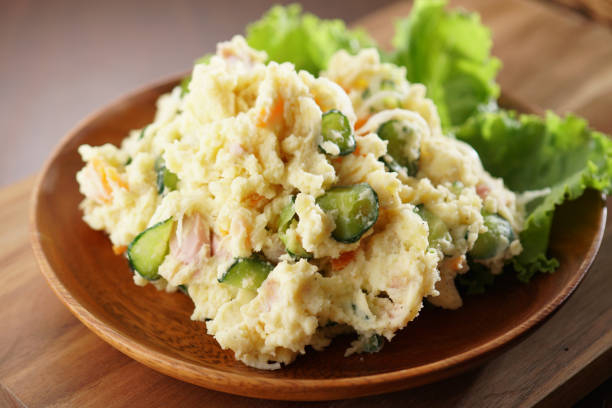
Using too much vinegar 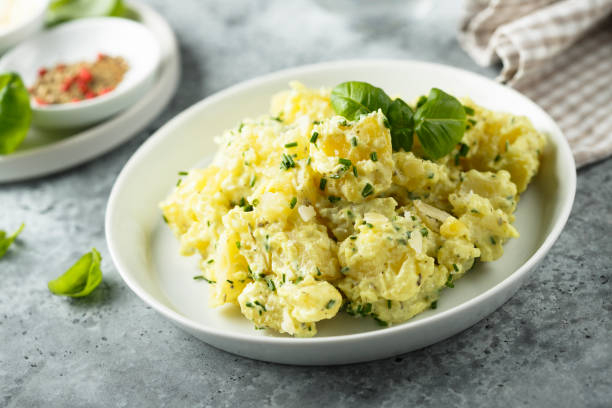
Using too much vinegar -
You almost certainly made this salad error previously, either with potato salad or another salad from your repertoire because it is so typical. However, it's particularly simple to overdress potato salad. This is so because potatoes take up a lot of the dressing. As a result, you might desire to use more dressing than is actually required. Your potato salad may feel overly fatty or wet if you use too much dressing, and all that extra sauce may overpower the other tastes you've added.
The simple fix is to gradually pour the dressing into your potato salad to prevent overdosing. Your best option, though, if you unintentionally wind up with too much dressing, is to add extra potatoes. More potatoes may not be convenient to cook and prepare, but if doing so can save your salad, isn't the extra time spent worth it?
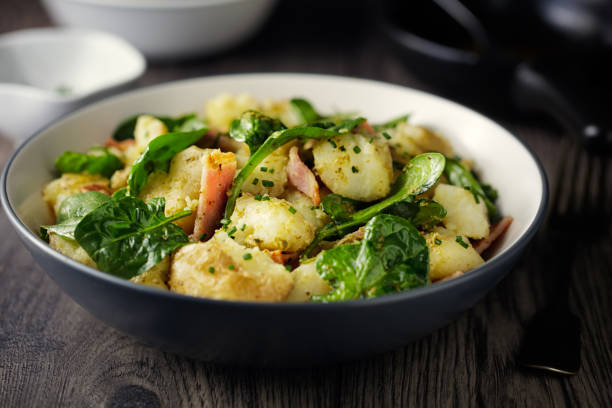
Adding too much dressing 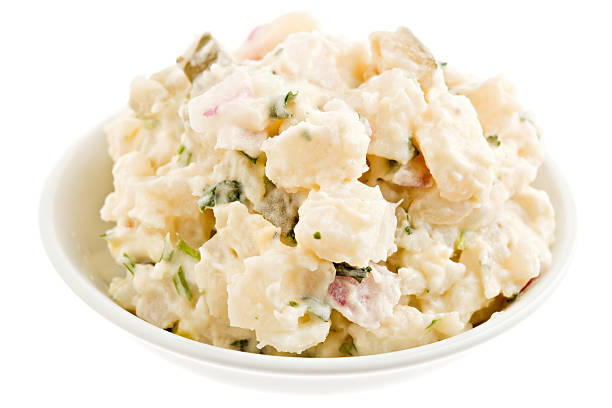
Adding too much dressing -
Your potato salad now has vinegar, mustard, and mayonnaise. A tablespoon of the substance is consumed before you suddenly realize that something is missing. You are unsure of what it is, but you are aware that the potato salad needs an additional taste to keep things interesting. Too many home cooks make the error of not giving their potato salad the proper kick before releasing it into the world. Fortunately, Toplist is here to inform you about a component—horseradish—that can elevate your potato salad to a new level.
You might not typically use this in potato salad. This root vegetable has a definite heat to it without tasting like chili or other "hot" spices you may imagine, similar to mustard and wasabi. It gives a meal that could otherwise be a little dull a beautiful crisp flavor. If you enjoy the flavor of the ingredient, you should try adding horseradish to your potato salad. As a result, you shouldn't use a lot of horseradish because a little goes a long way. Your potato salad may become inedible if you use too much horseradish because of how hot it may be.
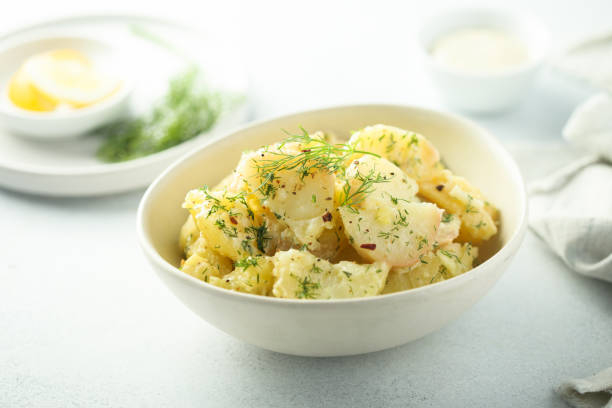
Forgetting to add horseradish 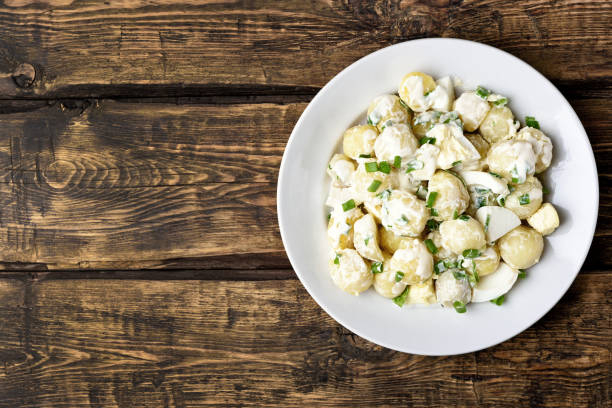
Forgetting to add horseradish -
When making potato salad, there is one typical error that is simple to commit. It naturally appears at the start of the potato salad preparation process. You might believe that once your water is boiling and your potatoes have been peeled and chopped, you can simply throw them in and wait for them to cook. However, if you skip this one crucial step, you can end up losing a lot of taste. Do you know how you always salt the water for pasta before adding the noodles? For boiling potatoes, you need also to salt the water.
Because potatoes are such a flavorless dish, they need a lot of seasoning to make them as tasty as possible. Because of this, you should begin giving them flavor as soon as you begin cooking them. Some of the salt can be absorbed into the potatoes when they are boiled in salted water for potato salad. Before you even place them in the bowl to mix them with the other ingredients, they are pre-seasoned in this manner. But your salad will taste less tasty without the salt. Even if you apply salt at the last end, it will still only touch the potato's skin and not get inside the rest of the vegetable.
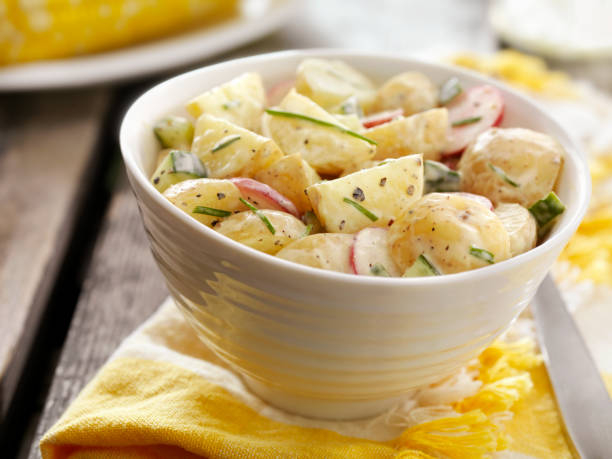
Forgetting to salt the water for your potatoes 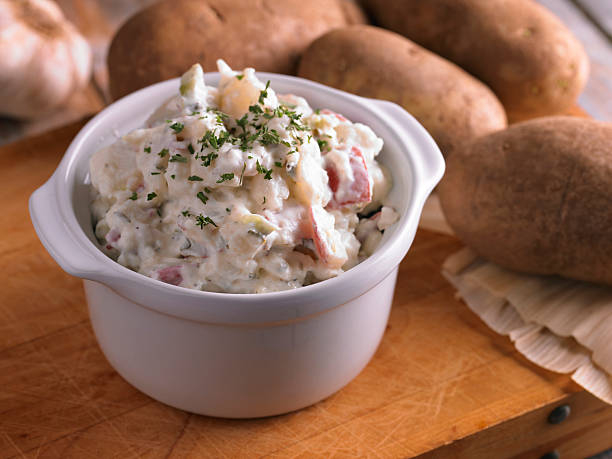
Forgetting to salt the water for your potatoes














